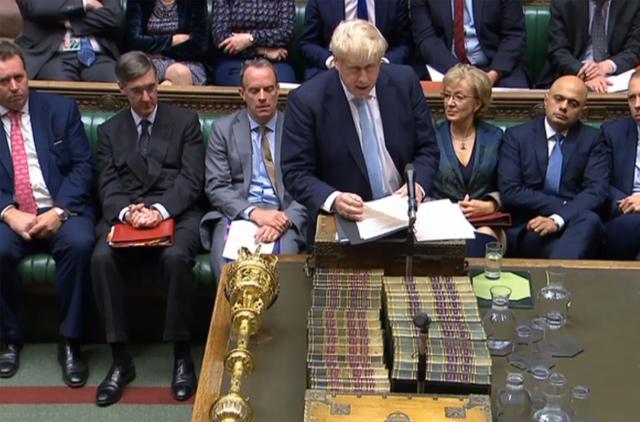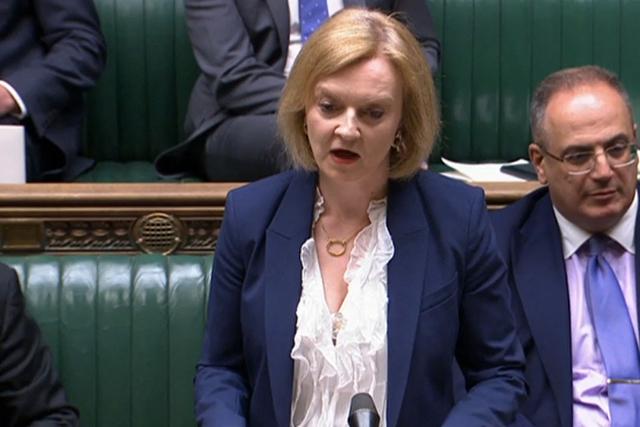You are here
Battles loom in UK over competing Brexit demands
By AFP - Dec 10,2017 - Last updated at Dec 10,2017

A woman pauses to photograph the London Eye as people walk over Westminster Bridge in London on Saturday (AFP photo)
LONDON — Britain could remain closely aligned with the rules of the European Union’s single market under its initial withdrawal deal with Brussels, a move that has critics worried about heading towards a soft Brexit.
The deal reached Friday after nearly six months of negotiations detailed the key Brexit issues — Britain’s divorce bill, EU citizens’ rights and the sensitive Northern Ireland border.
If European leaders meeting next week sign off as expected on the 15-page document, which is set to form the basis of any final withdrawal agreement, negotiations can move on to the post-Brexit relationship.
However, the deal’s commitment to maintaining an open Irish border has sparked debate in Britain over whether it offers an unexpected backdoor to closer ties with the European single market than previously envisaged.
London’s Evening Standard newspaper, edited by former finance minister George Osborne, swiftly concluded it “should be welcomed by all those who want a softer Brexit”.
Noting the incompatible demands from Dublin, Belfast and Brexiteers, it added the deal will “kick the can down the road, leaving the contradictions to be confronted later”.
Red lines
British Prime Minister Theresa May has insisted Britain will leave Europe’s customs union in order to forge free trade deals around the world — considered a red line for Brexiteers in her Cabinet and Conservative party.
She needs their support — and especially Northern Ireland’s pro-Brexit Democratic Unionist Party members — to remain in power and pass any withdrawal agreement in parliament.
While the deal stipulates that regulations remain consistent across Britain, it also states there will be no return to a hard border between the Republic of Ireland — an EU member state — and Northern Ireland, a British province exiting the bloc with the rest of the United Kingdom.
This was a key demand of Dublin, which threatened to block progress on a Brexit deal without the commitment.
So, in the event of no trade agreement with the EU, Britain committed to “maintain full alignment” with EU market rules which support cooperation on the Irish island under the terms of the 1998 Good Friday peace accord.
It would cover a wide range of areas including agriculture, education, environment, health, tourism and transport.
‘Mother of all concessions’
Owen Jones, an anti-Brexit columnist for the Guardian, called full alignment “the absolute mother of all concessions”.
“Have hardcore Brexiteers begun to process these words?” he asked.
“Britain is heading for long-term de facto membership of the single market and the customs union, even if we are technically in neither, in order to preserve the Northern Irish peace process,” Jones wrote.
Ian Bond, director of foreign policy at the Centre for European Reform, agreed the full alignment reference was “radical”.
“It’s almost inverted the logic of the no-deal outcome,” he said.
Brexiteers have long argued if Britain leaves the EU without agreeing terms it can fall back on World Trade Organisation rules.
“There are a lot of imponderables. Whether this keeps the knives out of the prime minister’s back is one of the most imponderable of all,” Bond added.
Related Articles
KILMACANOGE, Ireland –– Irish perfumier David Cox is preparing for a sales drive across the sea in Britain, but fears that if the country vo
LONDON, United Kingdom — British Prime Minister Boris Johnson met his senior ministers on Thursday before setting out on a delicate mission
LONDON — British lawmakers were set on Monday to take their first vote on a government bill to overhaul post-Brexit trade arrangements in No


















